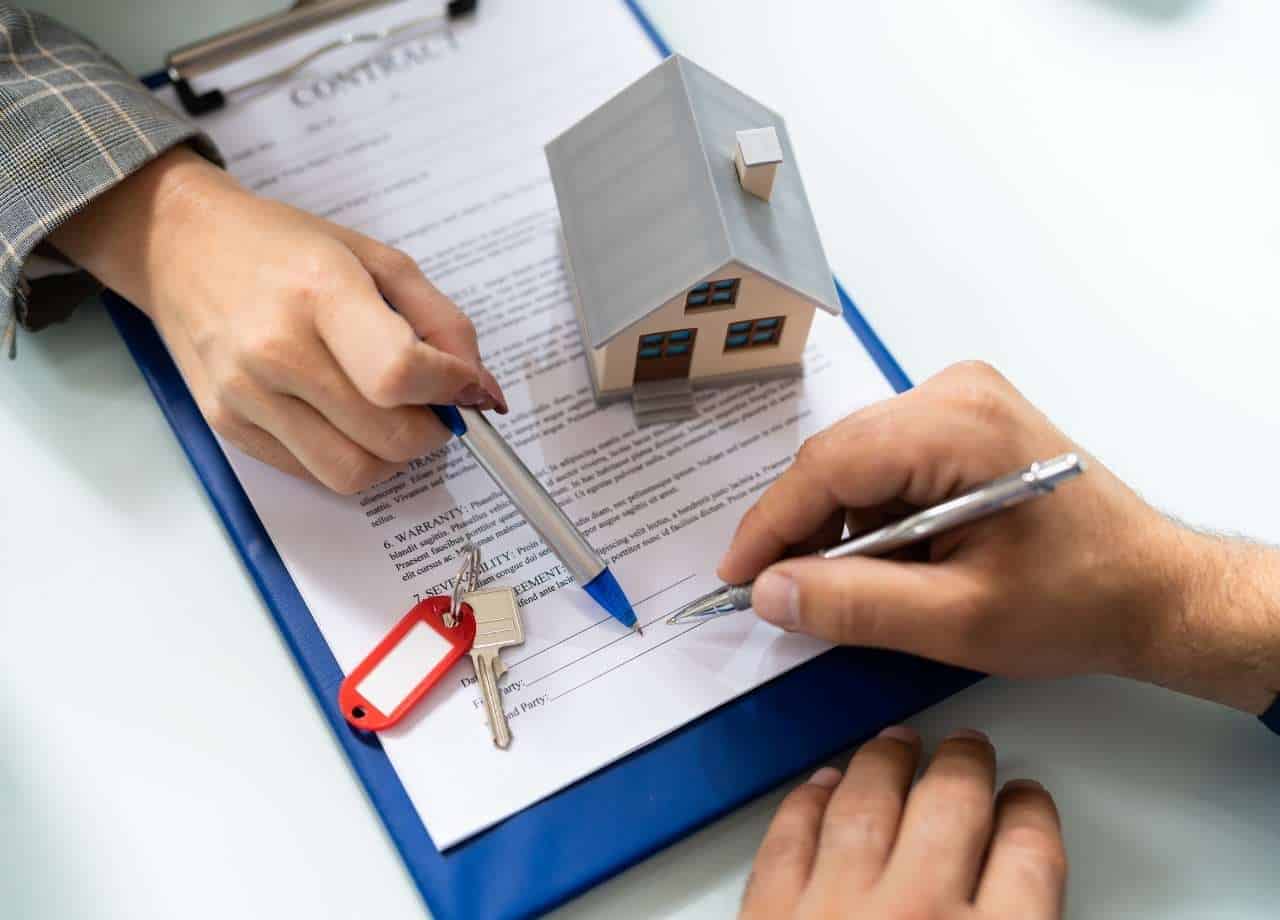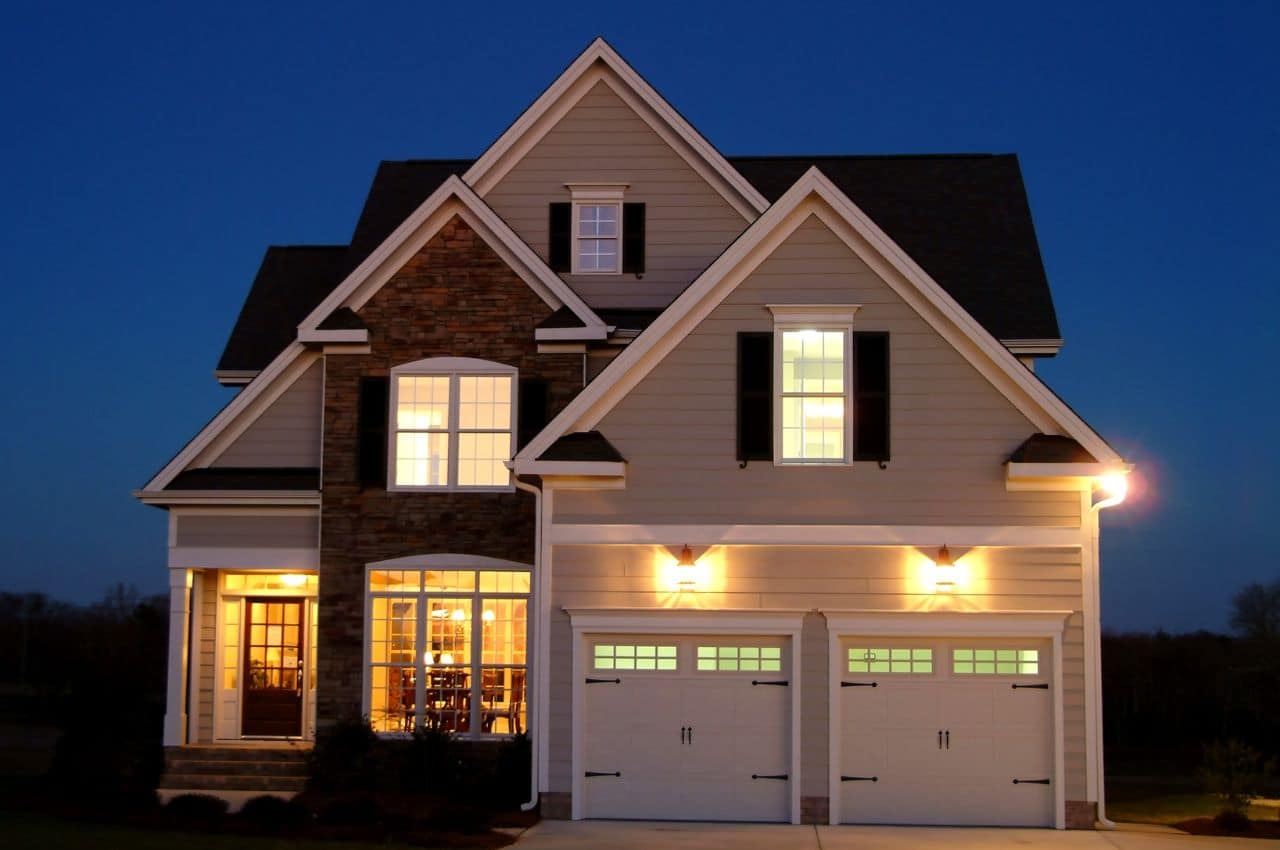When it comes to managing apartments, there are always a lot of moving parts. One of the most important aspects is on-call maintenance. This is the service your residents rely on, especially when something goes wrong outside of regular hours. Whether it’s a leaking pipe, broken AC, or pests creeping in, residents expect fast and reliable solutions. After all, their home is where they need to feel safe and comfortable, and maintenance plays a huge role in that.
Providing reliable on-call maintenance service is about being ready to help when residents need it most, no matter the time of day. For property managers, this means having a system in place that ensures someone can respond quickly, handle the problem professionally, and leave the resident feeling satisfied.
Why On-Call Maintenance is Essential
Emergencies happen, and they rarely occur during business hours. If a resident has an issue late at night or over the weekend, they don’t want to wait for days to get help. This is especially true if the issue impacts their comfort or safety, like a heating failure in the winter or a water leak.
On-call maintenance isn’t just about fixing problems; it’s also about building trust with your residents. When they know they can rely on the property management team to be there when it matters, they’re more likely to renew their lease and recommend the apartment to others. Word of mouth can be powerful, especially when someone feels well taken care of.
The Importance of a Clear Plan
One of the best ways to make sure your on-call maintenance service runs smoothly is by having a clear plan. Everyone involved needs to know who is responsible for answering calls, what types of issues require immediate attention, and how to prioritize tasks. Without a plan, things can quickly get chaotic, and that’s when mistakes happen.
First, designate who is in charge during different times. If your team rotates shifts, make sure everyone is on the same page about their responsibilities. Residents should know how to get in touch with someone after hours, whether through a phone number, a portal, or an app.
For example, in a building where Pest Share services are included, residents don’t have to worry about whether the problem falls on their shoulders or management’s. They can report a pest issue directly without bothering the property manager, and Pest Share connects them with local service providers. This reduces confusion and speeds up the process of getting the issue resolved.
What Qualifies as an Emergency?
Not all maintenance issues are created equal. A broken faucet that causes a minor drip can usually wait until the next business day. But a burst pipe or a complete heating system failure needs immediate attention. Establishing a set of guidelines for what qualifies as an emergency is crucial.
Here’s a simple rule of thumb: if the issue affects the resident’s health, safety, or the integrity of the property, it’s an emergency. This can include things like:
– No running water or electricity
– Severe plumbing leaks
– Gas smells or potential fire hazards
– Air conditioning failure in extreme heat
– Heating failure in cold weather
– Major pest infestations
When something falls into this category, it needs to be handled right away. On the other hand, cosmetic or minor repairs, like a lightbulb burning out or a loose door handle, can typically wait.
How to Handle Calls Effectively
Handling maintenance calls efficiently makes a big difference in how residents feel about the service. When a resident calls in with a problem, the person answering should remain calm, gather information, and reassure the resident that help is on the way.
Start by asking key questions to understand the severity of the issue. Is water leaking? Is the power out in the whole unit, or just one room? Knowing the details helps determine the right course of action.
A simple checklist can be a lifesaver for those managing the call. Basic questions like:
– What is the problem?
– How urgent is it?
– Has it affected other parts of the apartment?
– Are other residents experiencing the same issue?
This quick triage can guide the maintenance team on how to prioritize the call. If the issue is urgent, the next step is dispatching the appropriate technician or service provider. Make sure whoever takes the call has the authority to make these decisions or can reach someone who does.
Maintaining Communication with Residents
Keeping residents informed is key to maintaining a good relationship, especially during stressful situations. Once a call is made, let them know when to expect a maintenance worker. If it’s going to take longer than anticipated to get someone out there, update them. No one likes being left in the dark, especially when there’s a pressing issue in their home.
One helpful approach is to use automated systems or software to send updates. Residents appreciate knowing when their problem is being addressed, and this can prevent unnecessary follow-up calls. Clear communication can also set realistic expectations. If a repair will take several hours or if a part needs to be ordered, it’s better to be upfront.
If your property uses services like Pest Share, you can offer residents peace of mind by having pests addressed in a timely and reliable manner. With Pest Share, residents can request pest control without waiting for management to make a decision, and they’ll be kept in the loop throughout the process. The service takes an average of only 3.2 days to resolve pest issues, which shows just how important quick responses are to resident satisfaction.
Tools for Success: Making the Job Easier
Having the right tools and resources in place can make on-call maintenance smoother and more efficient. This includes giving your team the ability to access service requests, maintenance history, and other relevant data from anywhere. Many property management system now offer mobile apps that let technicians receive work orders and update their status in real-time.
In addition, having a well-stocked supply of common parts and tools helps cut down on delays. No one wants to tell a resident that they’ll have to wait longer because a simple part isn’t available. It’s also worth making sure your on-call team knows how to handle a wide range of issues, from HVAC problems to minor electrical and plumbing repairs. The more versatile the team, the better they can handle whatever comes up.
Avoiding Burnout: Supporting Your Team
It’s easy to overlook the impact that on-call maintenance can have on your team. Taking calls after hours or in the middle of the night can be exhausting, especially when the same problems seem to come up again and again. To avoid burnout, it’s important to rotate on-call shifts fairly and make sure everyone has time to rest.
Encourage your team to take care of themselves and be realistic about what they can handle. If your apartment community is large, it might be worth having more than one person available for emergencies. This ensures no one person is overwhelmed and residents still get the timely help they need.
At the end of the day, providing reliable on-call maintenance service is about being prepared. Having the right people, tools, and communication systems in place helps ensure residents feel safe and cared for in their homes. And when residents are happy, they’re more likely to stick around, refer friends, and leave positive reviews.
For property managers, it’s about balancing efficiency with empathy. By responding quickly to emergencies and keeping residents informed, you can build stronger relationships and improve the overall living experience in your apartments.
Pest Share helps make this easier by covering pest control services without the property manager needing to micromanage every step. With systems like this in place, you can focus on the bigger picture while knowing that both your residents and your property are in good hands.







